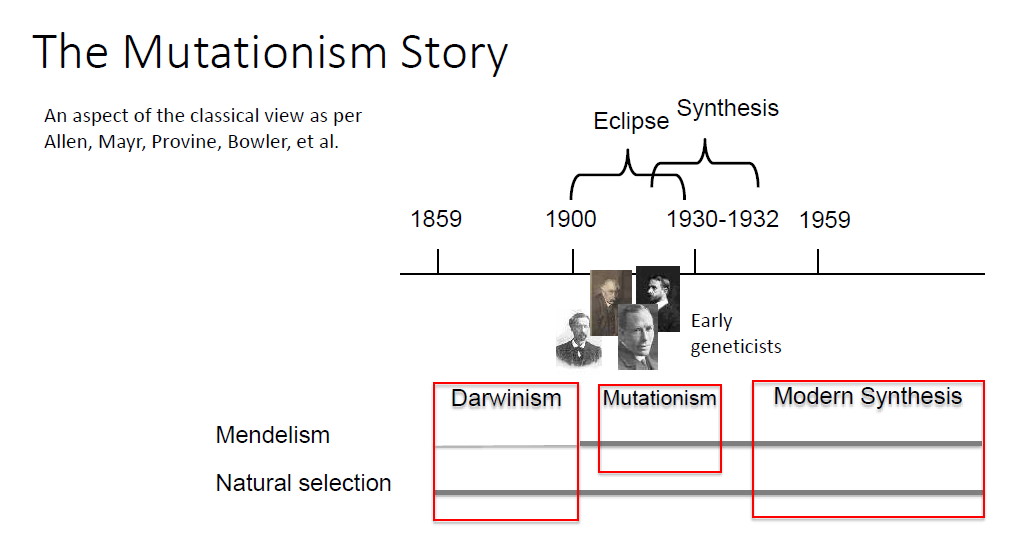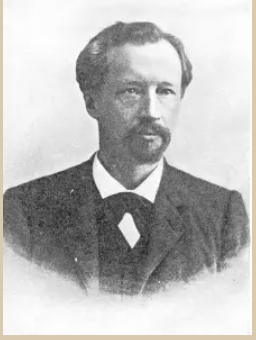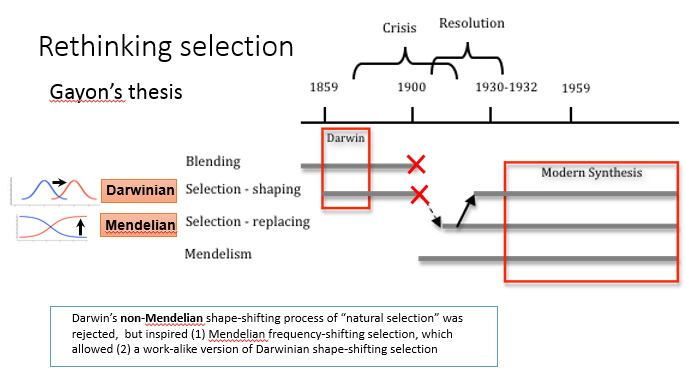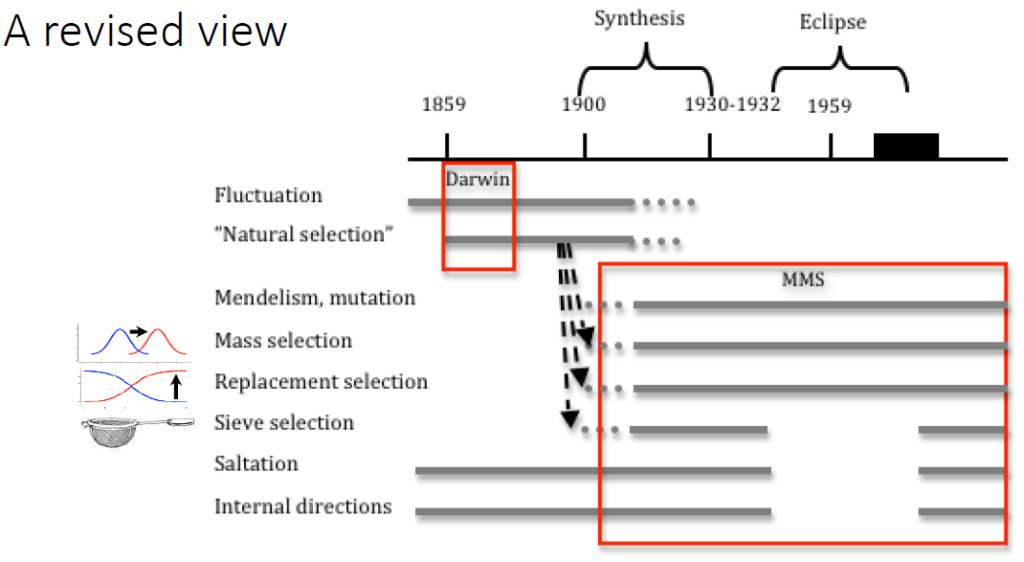
In our previous blog posts, we’ve explored the fascinating history of evolutionary theories and the often-overlooked contributions of early geneticists known as mutationists or Mendelians. Today, we delve into how these historical insights influence modern agricultural practices, particularly in the context of beneficial microorganisms—a cornerstone of our work at Agro Tech Lab.
Revisiting Evolutionary Theories: Mendelians vs. Darwinists
Historically, mutationists and Mendelians were misunderstood and sidelined in the evolution debate. These early 20th-century scientists, including Hugo de Vries, William Bateson, and Thomas Hunt Morgan, expanded upon Gregor Mendel’s laws of heredity. They proposed that evolution could occur through sudden genetic changes, or mutations, which contrasted with Charles Darwin’s gradualism. Despite the initial skepticism, modern genetics recognizes the validity of both gradual and sudden changes in evolution.

The Agricultural Connection: Beneficial Microorganisms
So, how does this historical debate relate to agriculture? The principles of mutationism and Mendelism provide a foundation for understanding the role of beneficial microorganisms in crop improvement and soil health.
- Mutations and Microbial Diversity:
- Just as mutationists believed in the power of genetic changes, we at Agro Tech Lab harness the diversity of microbial populations to enhance plant growth and resilience. Microorganisms undergo genetic variations, which can lead to the development of strains with improved beneficial traits.
- For instance, certain soil bacteria and fungi can mutate to become more efficient in nutrient cycling, thereby enhancing soil fertility and plant health.
- Natural Selection and Microbial Efficiency:
- While mutationists emphasized mutations, they did not disregard natural selection. In agriculture, natural selection plays a crucial role in promoting the most effective microorganisms. We observe how different microbial strains perform under various environmental conditions, selecting those that offer the best benefits for crops.
- This selective process mirrors the historical synthesis between Darwinism and Mendelism, where both gradual and sudden changes are vital for evolutionary progress.

Applying Historical Insights to Modern Agriculture
- Soil Health and Productivity:
- The Mendelian understanding of heredity helps us appreciate how beneficial microorganisms inherit traits that enhance their functionality. For example, nitrogen-fixing bacteria possess genetic traits allowing them to convert atmospheric nitrogen into forms usable by plants, significantly boosting soil fertility without chemical fertilizers.
- Disease Resistance and Crop Protection:
- Understanding mutations helps us identify and develop microbial strains that can protect crops from diseases. Just as early geneticists studied variations to understand species better, we research microbial genetics to find strains that can combat specific plant pathogens, reducing the need for chemical pesticides.
- Sustainable Agriculture Practices:
- By applying both gradual and sudden genetic improvements in microorganisms, we promote sustainable agriculture. Beneficial microbes can improve soil structure, enhance water retention, and increase nutrient availability, leading to healthier crops and more sustainable farming practices.

Conclusion
The historical insights into mutationism and Mendelism are not just academic; they have practical implications for modern agriculture. At Agro Tech Lab, we leverage these principles to develop and apply beneficial microorganisms that enhance crop health, improve soil fertility, and promote sustainable farming. By understanding and harnessing the power of genetic variations and natural selection, we are pioneering the next generation of agricultural solutions.
Stay tuned for more insights on how beneficial microorganisms can transform agriculture. If you have any questions or want to learn more about our products, feel free to contact us or leave a comment below.
Source : phylogenous / Histories of Science from Kele W. Cable

